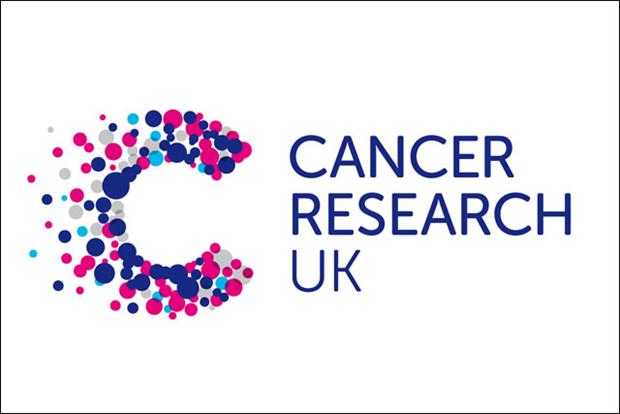Share this Page:
The results from a phase 2 study looking at the safety and efficacy of a 2 weeks on/1 week off dosing schedule for sunitinib show that severe (grade 3) toxicity is not decreased in patients with metastatic renal cell carcinoma (RCC). However, the schedule may improve other clinical outcomes, such as drug compliance, efficacy, and the number of life-threatening (grade 4) adverse events.
The standard sunitinib dosing schedule for metastatic RCC is 4 weeks on treatment and 2 weeks off (4/2). This schedule is, however, associated with a number of grade 3 to 4 adverse events, such as fatigue, hand-foot syndrome, and diarrhoea. The researchers hypothesised that reducing the incidence of these adverse events may prevent dose interruptions/reductions and improve quality of life.
Researchers evaluated the safety and efficacy of 50 mg sunitinib administered on a 2/1 schedule in 59 patients with metastatic RCC. The results were published in the Journal of Clinical Oncology.
Patients were followed for 17 months, and the incidence of grade 3 to 4 fatigue, hand-foot syndrome, or diarrhoea was recorded, along with dose reductions, interruptions and discontinuations because of adverse events. Efficacy was also measured in terms of overall response rate (56%), progression-free survival (13.7 months) and overall survival (not reached).
The researchers concluded that the “primary end point of decreased grade 3 toxicity was not met; however, treatment with a 2/1 sunitinib schedule is associated with a lack of grade 4 toxicity, a low patient discontinuation rate, and high efficacy.”













